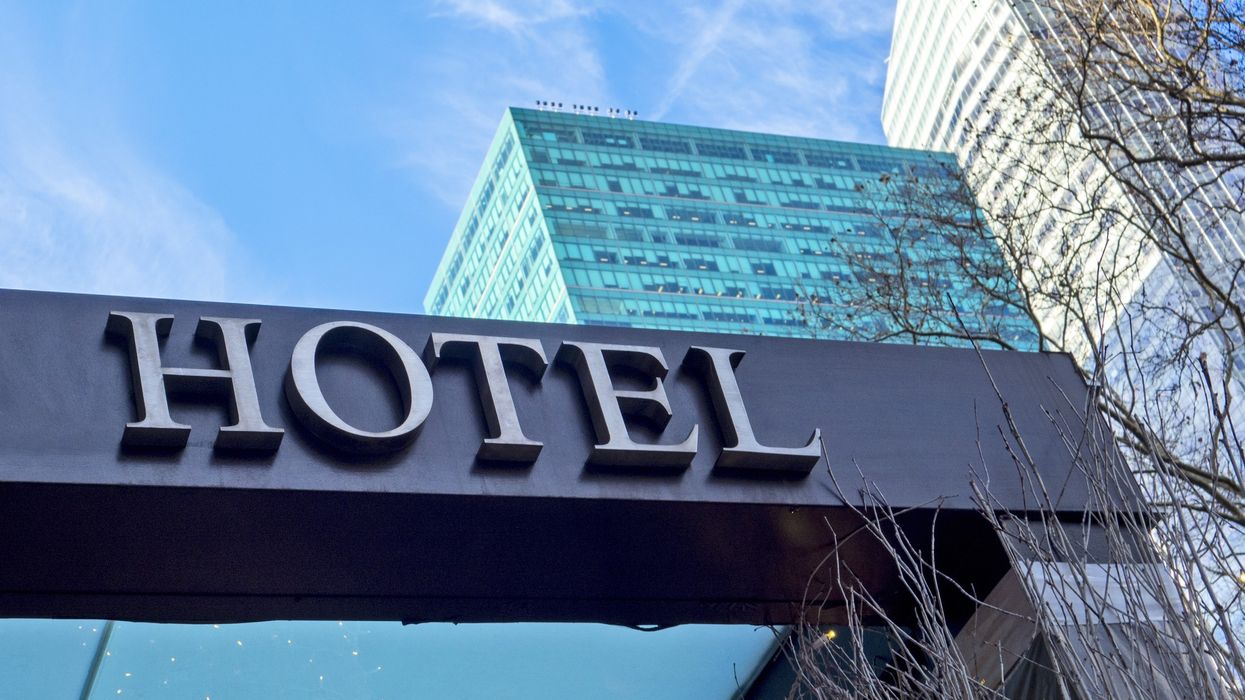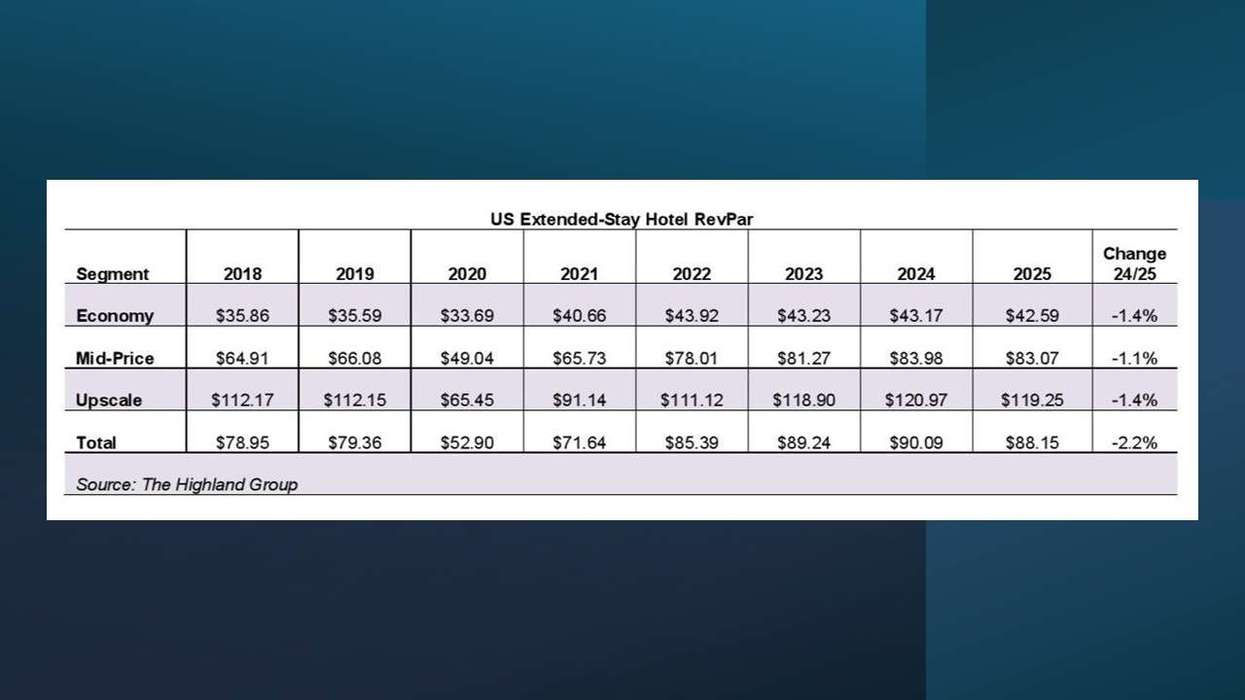THE U.S. TOPPED the global hotel construction pipeline for projects in the second quarter, according to Lodging Econometrics. The pipeline overall continued to show growth, and the top markets and hotel companies also were U.S. based.
The U.S. had 4,787 projects with 598,111 rooms, followed by China with 3,454 projects and a record high of 661,043 rooms. The U.S. accounts for 36 percent of hotel construction projects globally while China accounts for 26 percent. These two nations account for 61 percent of all global hotel pipeline projects, the LE global hotel construction pipeline trend report has revealed.
The construction pipeline is up 94 percent by projects over the cyclical low established in 2011 when global counts were at 6,907 projects with 1,257,296 rooms. Throughout the first half of 2021, 1,100 hotels opened worldwide, accounting for 161,734 rooms, the LE report added.
The LE research analysts forecast a total of 2,802 new hotels with 414,696 rooms to open by year-end. In 2022, 3,122 new hotel openings with 476,185 rooms are expected to open, with 1,008 of these openings located in the U.S. The LE projection for 2023 is 2,890 new hotels with 468,645 rooms globally.
The total global hotel construction pipeline stands at 13,420 projects with 2,253,499 rooms. Year-over-year the pipeline decreased 9 percent by projects and 7 percent by rooms, the report said.
The UK with 345 projects with 52,925 rooms, Indonesia with 318 projects with 51,197 rooms, and India with 282 projects with 37,617 rooms are the other countries in the top five.
New York is the largest market with hotel construction pipeline with 146 projects with 25,232 rooms. It is followed by Chengdu (China) with 138 projects with 28,009 rooms, and Los Angeles with 135 projects with 22,586rooms. Now, 132 projects with 16,183 rooms are under construction in Dallas followed by Atlanta with 129 projects with 71,845 rooms, the LE report said.
Of the top 10 markets having over 100 projects in the pipeline, five are in the U.S., four are located in China, and one is in the Middle East region, it added.
The top five franchise companies leading the global construction pipeline by project count are Marriott International with 2,471 projects with 425,351 rooms, Hilton Worldwide with 2,450 projects/370,619 rooms, InterContinental Hotels Group with 1,669 projects with 246,575 rooms, Accor with 913 projects with 168,562 rooms, and Hyatt, with 371 rooms with 73,767 projects.
According to the report, these five companies account for 59 percent of all hotel projects currently under development across the globe.
“Projects scheduled to start construction in the next 12 months are down 21 percent by projects and 19 percent by rooms to end the second quarter with 3,623 projects with 527,392 rooms,” the report said. “Projects in the early planning stage stand at 3,600, just eight projects short of the record high established in the fourth quarter of 2019, while rooms hit an all-time high count of 583,900 in the second quarter 2021.”
Meanwhile, an LE report in July stated that the U.S. hotel construction pipeline declined 14 percent year-over-year at the close of second quarter this year.





